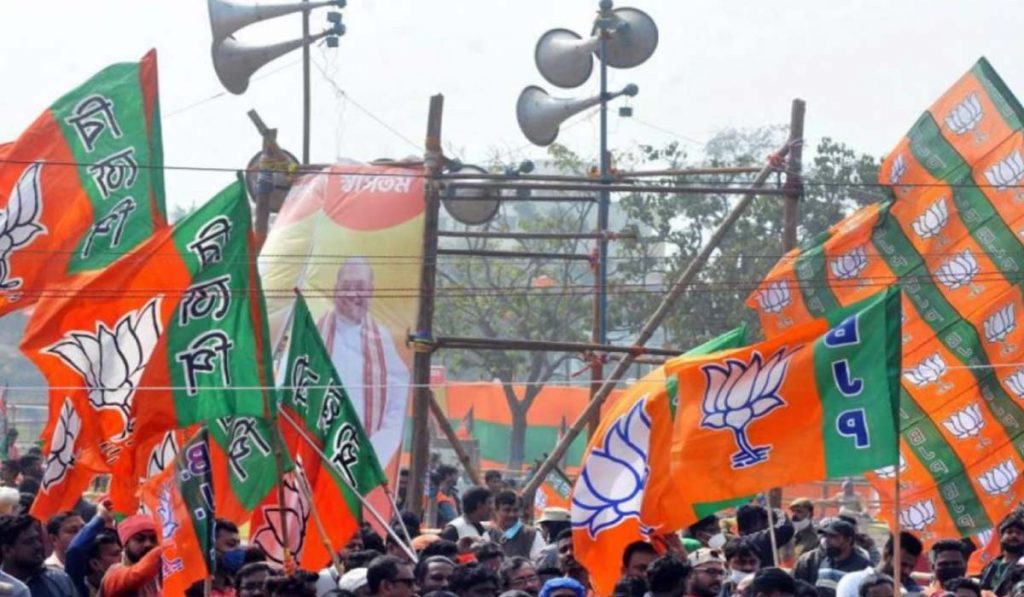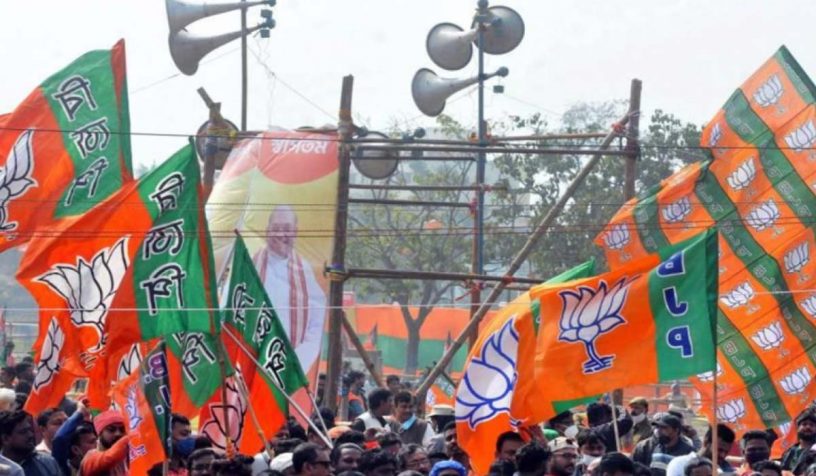
The research has revealed a positive correlation between affinity towards Hindutva policies and propensity to vote for the BJP in West Bengal.
Author
Subhasish Ray, Associate Professor,Jindal School of Government and Public Policy, O. P. Jindal Global University, Sonipat, Haryana, India.
Summary
To what extent does the BJP’s dramatic electoral success in West Bengal in the 2019 Lok Sabha election indicate a fundamental rupture in the state’s political party system? This chapter of the book “Theory, Policy, Practice” offers the first systematic exploration of this question.
More specifically, the chapter asks: What are the individual-level correlates of taking up membership in the various Sangh Parivar affiliate organizations in West Bengal?
The chapter examines this question in the empirical context of the state’s Junglemahal region. My analysis is based on original survey data collected in Junglemahal in the run-up to the 2019 election.
Using questions embedded in the survey on membership in cultural organisations and inclination to vote for the BJP, I show that the growth of Hindu nationalism in the region is consistent with an embedded mobilisation strategy.
While the data reveal a positive correlation between affinity towards Hindutva policies and propensity to vote for the BJP, such affinity plays no role in the decision to join the RSS or the Seva Bharati, which is primarily driven by secular dissatisfaction with the TMC’s governance failures.
Published in: Nath, S., & Bhattacharya, D. (2021). Theory, Policy, Practice: Development and Discontents in India (1st ed.). Routledge India.
To read the full article, please click here.


